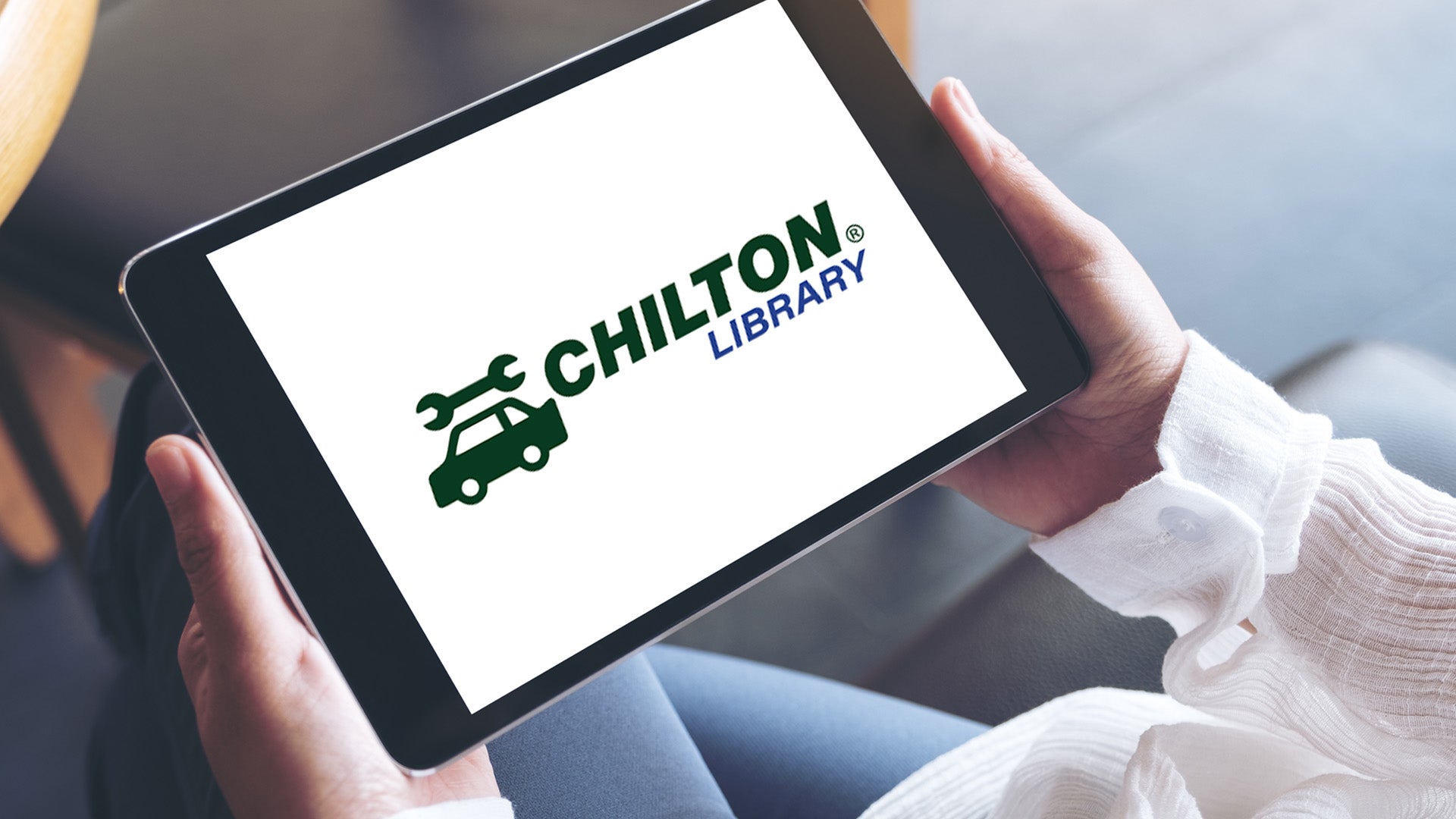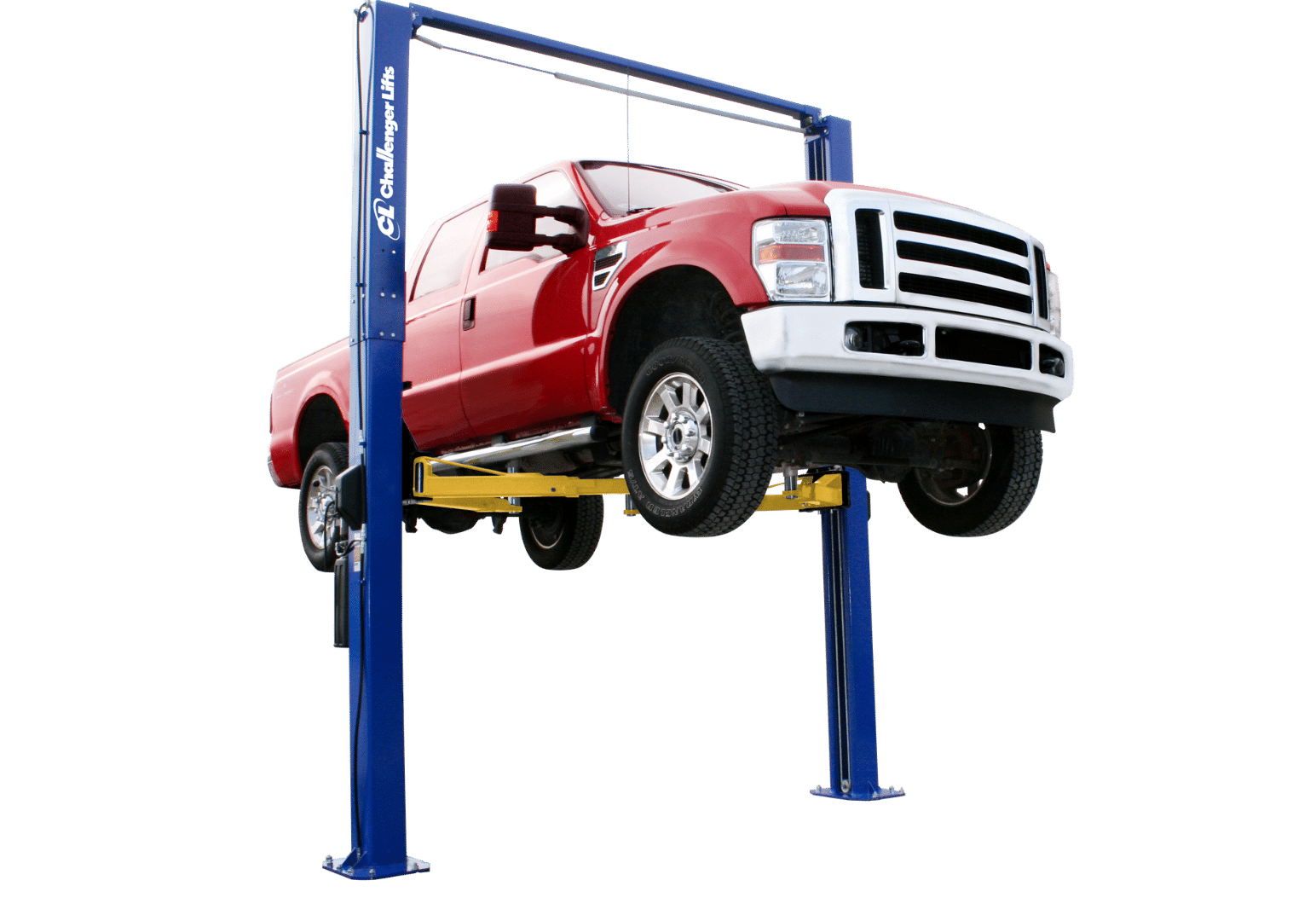How To Access Chilton’s Car Repair Manuals for Free Through Your Library

Back in 2020, Haynes said it was ceasing the physical production of its iconic car repair manuals. In January 2022, another well-known line of manuals, Chilton, went a step further and ended the service of its online subscription-only equivalent DIY guide. Chilton’s wealth of automotive knowledge is still accessible, but now you’ll need to get it through your local or school library.
Chilton’s parent company has ported all of its information and how-to repair guides into the “Chilton Libraries” database, a product sold and marketed directly to public libraries. Haynes, Chilton, and another manual brand called Clymer (mostly covering powersports and motorcycles) are currently all bundled together on the same website as you’ll see in those links. Unfortunately, Chilton’s DIY technical support, customer service, blog, and everything else associated with Chilton for consumers, are apparently all dead. But the resource itself? Still great as ever.
Accessing the information can be kind of tricky, Chilton’s old website is full of broken links and dead ends. Never fear though, I’ve drudged the depths to find out how to access this huge resource of car DIY knowledge: Chilton’s got a tool that searches for local libraries which allows access to the Chilton Database, so start there.
Otherwise, if you’re trying to access Chilton’s step-by-step guides (or other certifiably credible automotive information) try giving your local library a call or visit. When’s the last time you were in there? If you still don’t have any luck, there’s actually one more thing you can try — reaching out to Chilton’s publisher with this form to ask about getting access. We’d recommend talking to some real librarians before doing that, though.
Those paperback Chilton manuals were a cornerstone of my rustbelt childhood. I remember it fondly, days of my youth, spent watching my dad reseat drum brakes on Ford Tempos or repairing ignition modules on Cutlass Supremes. Back then, fixing a car one was unfamiliar with involved a trip to AutoZone and paying $25 for a big thick booklet from a shelf in front of the register that had a blueprint drawing of the car on the front. Then, we’d spend weekends fumbling and bumbling through directions listed in a font that was too small for my terminally near-sighted father. Good times.
Well, that experience is now relegated to the past, alongside the Hitclips player my mom said I couldn’t have, “because it was stupid.”
When I was a kid, the internet’s reputation as a how-to encyclopedic information wasn’t a thing yet. The only way to get info on how to fix a car you owned, would be a Chilton or Haynes manual. Sure, some insist that forums, YouTube, and message boards have effectively displaced the need for third-party repair manuals, but I’m not sure if that’s true. In my experience, online repair advice can border on a repair-via-committee, a smorgasbord of opinion that sometimes is straight-up wrong. I’d imagine that someone aged and less experienced with the internet, could easily fumble into some bad advice. For the working poor who often rely on these home mechanics, that could be devastating.
As helpful as things like Facebook groups and YouTube tutorials can be, don’t forget to absorb info from those unregulated sources with a bit of skepticism. You don’t need to do things correctly to rack up millions of social media likes — but procedures printing in manuals from the likes of Haynes or Chilton can be trusted pretty much universally.
So next time you’re looking into a project, take advantage of the existence and availability of those authoritative sources! They may be old, but they’re still kicking. And best of all — a library card is free, which means this knowledge is too.
Luckily, this trusted and reliable service is still kicking, and as long as you can get it at a library near you, it’s free.








